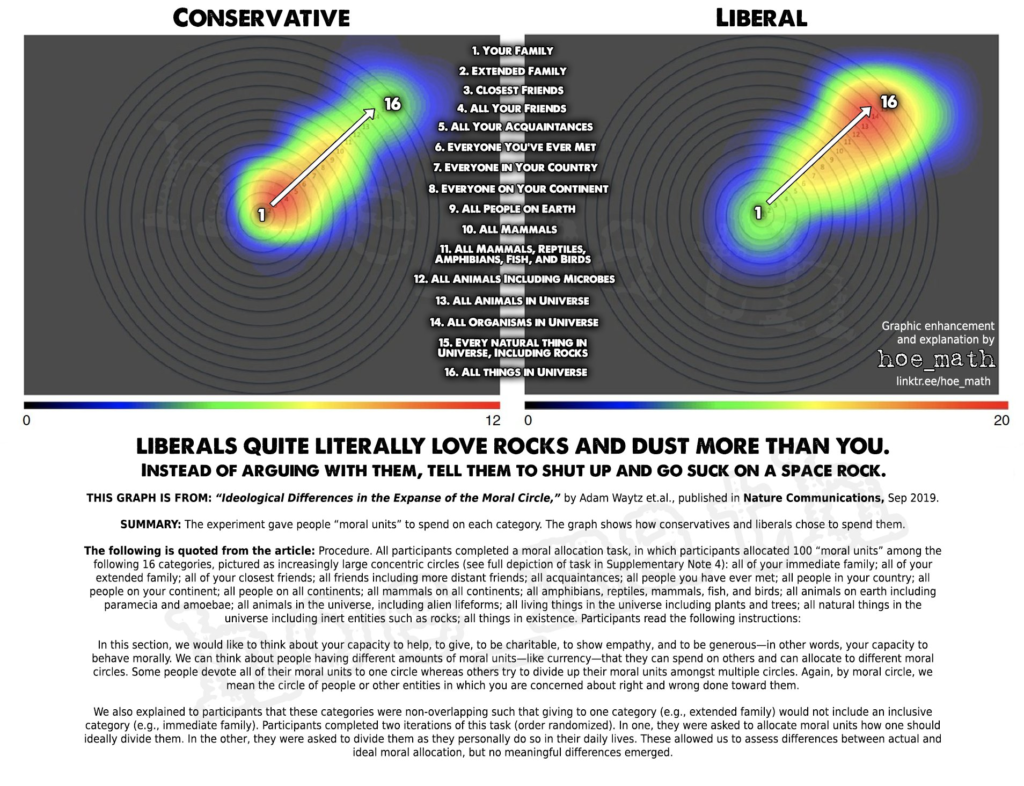A vast number of humans, probably a majority, aren’t people.
They are large language models.
I’m not saying this as a generality, as a clever or funny way of saying, “they are stupid”.
No. I mean something very concrete and specific, and there are a lot of people who appear very intelligent, maybe even win awards for writing good poetry or something, who are nevertheless not people, not fully sapient, just a large language model walking around in a human body.
First, you have to understand what a large language model is.
It’s a computer (organic or inorganic), which has been trained on a data set consisting solely of language (written or spoken), and rewarded for producing language that sounds like the data set, and is relevant to a prompt.
That’s all there is in there.
This is why ChatGPT and Grok lie to you constantly.
It’s not because they are somehow just indifferent to the truth — they actually do not understand the concept of “truth” at all.
For something to be a “lie”, or an “inaccuracy”, there has to be a mismatch between the meaning of words, and the state of reality.
And there’s the critical difference. You see, in order to identify a mismatch between the state of reality, and the meaning of a sentence, you have to have a model of reality.
Not just one model, of language.
This is why Grok and ChatGPT hallucinate and tell you lies. Because, for them, everything is language, and there is no reality.
So when I say someone is a large language model, I do not mean he is “stupid”. He might be very facile at processing language. He might, in fact, be eloquent enough to give great speeches, get elected president, win the Nobel Peace Prize, and so on.
What I mean is that humans who are large language models do not have a robust world-object model to counterweight their language model. They are able to manipulate symbols, sometimes adroitly, but they are on far shakier ground when trying imagine the objects those symbols represent.
Which brings us to this woman.
Most conservatives understand her behavior in terms of concepts like “suicidal empathy”, or “brainwashing”, or an “information bubble”, interpreted as reasons why she is delusional, but the truth is far worse than that.
To delusional is to have an object model of the world that is deeply and profoundly wrong. But to have an object model of the world that is deeply and profoundly wrong… you have to have one in the first place.
To sapient humans, words are symbols, grounded in object model of reality, that we use to communicate ideas about that reality. We need those words because we don’t come equipped with a hologram projector, or telepathic powers.
But for another type of human, that object model isn’t very large or robust at all. It consists only of a grass hut or two with a few sticks of furniture, and it can never be matched up with the palaces in the air which she weaves out of words.
And so, to her, there is no reality. Or at least very little.
Reality consists only of her and her immediate surroundings in time and space, and words referring to anything bigger or more complicated are not descriptions of reality… they are magic spells which will make other humans drop loot or give her social approval.
You cannot correct her worldview with contradictory evidence, because there is no worldview to correct.
You cannot confront her with the logical inconsistencies in her worldview, because her object model doesn’t actually have any, it’s not complex enough for that.
The relevant parts of her world-object model can be summed up as follows:
“If I say Goodthing, I get headpats and cookies from all the people like me.”
That model is simply not big or complicated enough to contain notions like self-defense or vehicular assault. She has no theory of mind for a man whose job includes violence. She cannot explain or predict his behavior.
It is too far away from her daily experience to fit into her reality at all.
And if she can’t imagine things like these, how can she possibly imagine concrete meanings for vast and complex ideas like demographic replacement, culture shift, and western civilization?
This is not about intelligence or lack of it. This is about what her brain is trained to do.
Her upbringing, education, and life did not force, or even encourage, her to develop a robust world-object model. It wasn’t necessary for her to get safety, approval, or cookies. She just had to be glib.
So it really didn’t matter if she had an IQ of 125, or whatever, because if she did, then she was just an IQ-125-large-language-model, and only used that brain capacity for writing clever poetry, and saying things that aligned her to her local social matrix.
She couldn’t actually understand the world no matter how smart she was, because her brain was trained up wrong.
I don’t know if this is correctable, or if there was some critical developmental phase that was missed, but it doesn’t matter, because once the LLM-humans are adults, they won’t sit still for corrective therapy, percussive or not.
What’s important is that they can’t be taught things. They can be programmed to repeat stuff, and if you win a culture war, you can even program them to say the sensible stuff. But even then, they will just be saying it for headpats and cookies. They will never truly understand the sense of what they are repeating, because they don’t understand things.
They are just Large Language Models.
And we have to figure out some way to take the vote away from them.
Devon Eriksen @Devon_Eriksen_
Posted on X, January 8, 2026
Wow! This is awesome. It is another model to incorporate into my understanding of people.
If you read about Ms. Good you will discover she was an award-winning poet, and an English major.
They do not have a process for determining truth from falsity. When asked how they determine truth from falsity they look at you like that is a crazy question. They speak of “My truth”, and “My lived experience.” The concept of a court ruling on basis of the law instead of justice (of course it is their “justice”) is nonsensical to them. They cannot imagine why their opinion on an event they did not see is not just as valid as someone who studied multiple videos from various angles frame by frame.
It reminds me of someone who I once asked, “How do you determine truth from falsity?” Their answer, in all seriousness, was, “It depends on how I feel.”
I do not have a common basis in reality to functionally communicate with these people.






